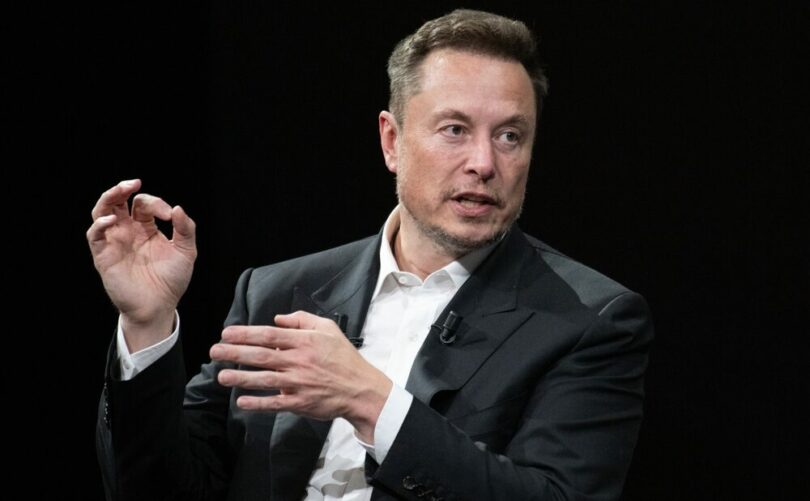
(LifeSiteNews) — Elon Musk posted to X on Wednesday a poem he wrote in which he asserted that “secular religion” has left people “in despair,” and suggested that religion is valuable as a guard against sadness.
“Atheism left an empty space; Secular religion took its place; But left the people in despair; Childless hedonism sans care; Maybe religion’s not so bad; To keep you from being sad,” wrote Musk, who has recently described himself as “not particularly religious” but as “probably a cultural Christian.”
Atheism left an empty space
Secular religion took its placeBut left the people in despair
Childless hedonism sans careMaybe religion’s not so bad
To keep you from being sad— Elon Musk (@elonmusk) September 18, 2024
The “secular religion” Musk refers to includes ideologies that are anti-human, divisive, and harmful to children, which leftists today embrace with a religious fervor and which the X owner has made a habit of firmly denouncing and refuting on his social media platform.
For example, Musk frequently takes aim at tenets of radical leftists, including anti-birth “extinctionism“ and the offspring of “wokeism,” such as the mutilation of “trans” children and identity politics, with its accompanying Diversity, Equity and Inclusion (DEI) policies.
Musk’s suggestion that this “secular religion” is linked to “childless hedonism” is supported by statistics showing that birth rates continue to decline worldwide, driven not by smaller family sizes but by childlessness. While a minor portion of this is due to infertility, many young adults are choosing not to have children today. Some of them flaunt their indulgent lifestyle on the internet with videos about the perks of being “DINKS” (Double Income No Kids).
Daily Wire host Matt Walsh has highlighted the fact that these “DINK” videos often tout these couples’ ability to “buy stuff.”
“Even by their own testimony, it’s clear that when people choose to be childless their lives inevitably revolve around pure self-centered, unadulterated, unencumbered consumption,” Walsh noted.
As Musk has insinuated, such childlessness is more likely to be chosen by secular/non-religious couples. Interestingly, according to the Institute for Family Studies, “fertility has declined much more among nonreligious Americans than among the devout,” and the frequency of religious attendance is consistently correlated with fertility rates.
Unsurprisingly, those with children report more joy (as well as more stress) in their daily lives. However, there is an even clearer link between religiosity and happiness. Pew Research Center has found that actively religious people consistently tend to be happier than the “inactively religious” and the “unaffiliated,” often by large margins.
For example, in the U.S., 36% of the actively religious describe themselves as “very happy” versus 25% of the inactively religious and 25% of the unaffiliated. In Australia, 45% of the actively religious describe themselves as “very happy,” compared with 32% of the unaffiliated.
While religiosity is indeed linked to greater happiness, some religious apologists, such as Catholic Trent Horn, maintain that arguing for religion such as Christianity because of what it “can do,” rather than “because it is true,” undermines the truth claims of the religion, as well as the importance of its truth.
LifeSiteNews Editor-in-Chief John-Henry Westen last month called on Musk to become Catholic, pointing out that “the reason” the basic principles of Christianity, which Musk lauds, are “good for society is because they are true.”

